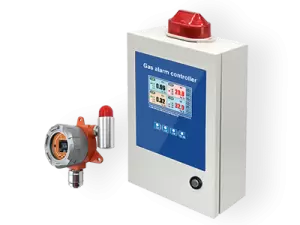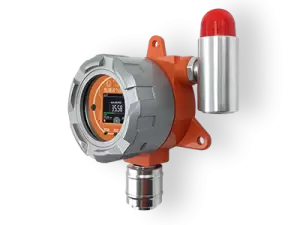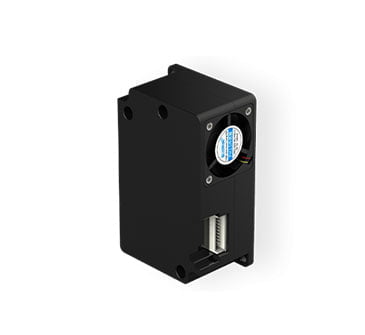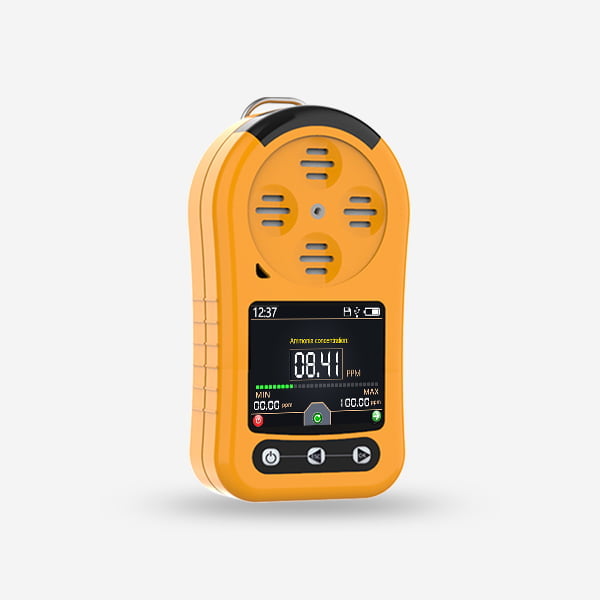Introduction:
Workplace safety is a critical aspect of any organization, as it directly impacts the well-being of employees and the overall productivity of the company. One of the key components of workplace safety is the detection and monitoring of hazardous gases. Fixed gas detectors play a crucial role in ensuring a safe working environment by continuously monitoring the air quality and alerting personnel in case of any gas leaks or abnormal gas concentrations. This article will discuss the importance of fixed gas detectors, their various types, and their role in workplace safety.

Types of Fixed Gas Detectors:
Fixed gas detectors are available in different types, each designed to detect specific gases or a combination of gases. Some commonly used types include:
Catalytic Bead Sensors: These detectors are effective in detecting combustible gases such as methane, propane, and hydrogen. They work based on the principle of catalytic oxidation, where the presence of combustible gases leads to a chemical reaction, resulting in a change in electrical resistance.
Infrared Sensors: These detectors are used for detecting gases such as carbon dioxide, methane, and hydrocarbons. Infrared sensors work by measuring the absorption of infrared radiation by the gas molecules, which is then converted into an electrical signal.
Electrochemical Sensors: These detectors are suitable for detecting toxic gases such as carbon monoxide, hydrogen sulfide, and chlorine. They operate by utilizing a chemical reaction that occurs when the target gas comes into contact with an electrode, producing an electrical current proportional to the gas concentration.
Role in Workplace Safety:
Fixed gas detectors play a vital role in ensuring workplace safety by providing early warning of gas leaks or abnormal gas concentrations. Their continuous monitoring capability allows for immediate response and mitigation measures, preventing potential accidents or health hazards. Some key roles of fixed gas detectors in workplace safety include:
Gas Leak Detection: Fixed gas detectors are designed to detect gas leaks promptly, enabling quick action to prevent potential fire or explosion hazards. They can be strategically placed in areas where gas leaks are most likely to occur, such as storage areas, pipelines, or confined spaces.
Personnel Protection: By continuously monitoring the air quality, fixed gas detectors provide real-time information about the presence of toxic or hazardous gases. This information allows employees to take necessary precautions, such as wearing personal protective equipment or evacuating the area if required.
Compliance with Regulations: Many industries are subject to strict regulations regarding gas monitoring and safety. Fixed gas detectors help organizations comply with these regulations by ensuring that gas concentrations are within permissible limits and by providing accurate data for regulatory reporting.
Preventive Maintenance: Fixed gas detectors often come equipped with self-diagnostic features that alert maintenance personnel in case of any malfunction or calibration drift. Regular maintenance and calibration of these detectors are essential to ensure their accuracy and reliability.

Conclusion:
In conclusion, fixed gas detectors are indispensable tools for ensuring workplace safety. Their ability to detect and monitor hazardous gases plays a crucial role in preventing accidents, protecting personnel, and complying with regulatory requirements. Organizations must invest in high-quality fixed gas detectors, along with proper installation, maintenance, and training, to create a safe working environment for their employees.





